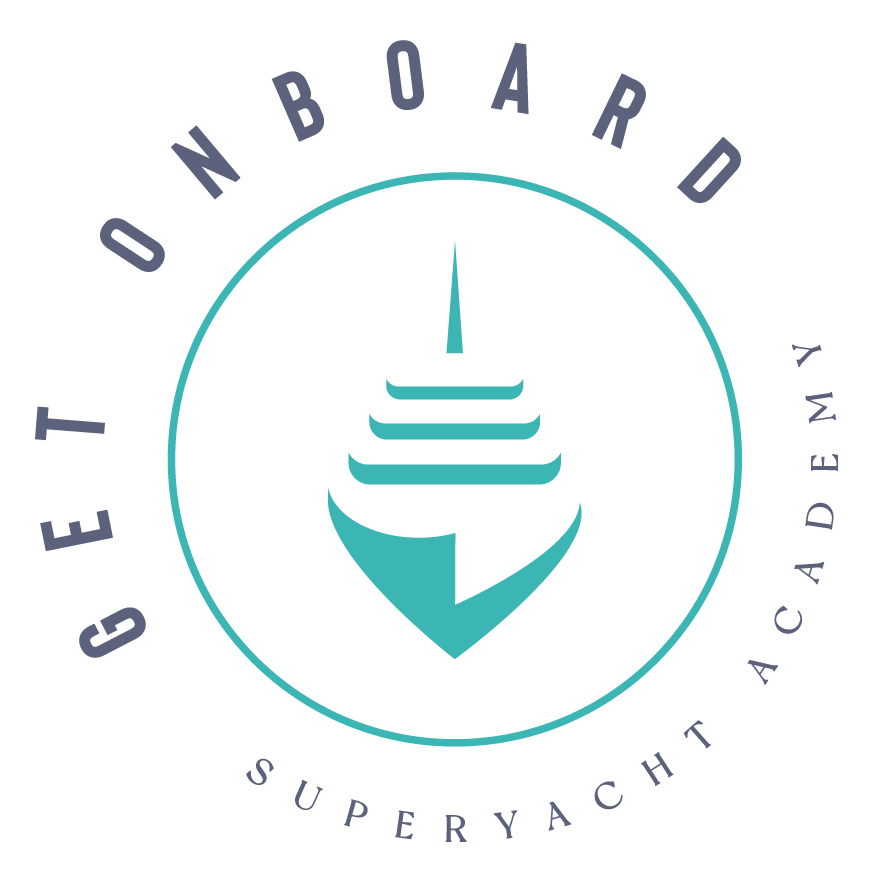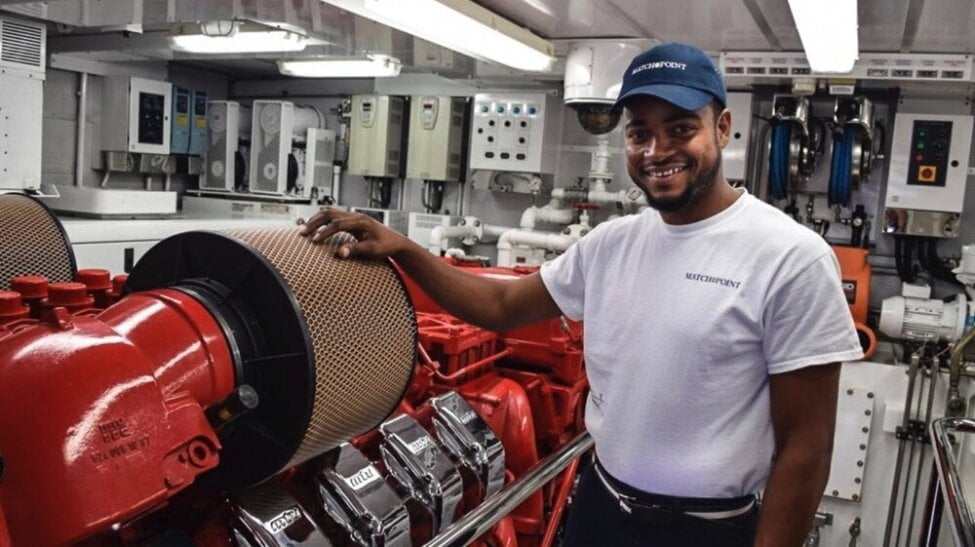Thinking about pursuing a career as a Superyacht Engineer? We show you how…
We frequently receive emails from students asking us, “How do I become a Superyacht Engineer?” “Are my trade skills transferable?” “What yacht training must I complete?” and “What qualifications do I need?“. In this article, we break down these questions and explain exactly what steps you need to follow in order to become a super yacht engineer.
What is a Superyacht Engineer?
The crucial part of any yacht engineer job description is maintaining the mechanical and electrical operations of the yacht. The duties of an engineer range from maintaining and servicing generators, jet skis and powerboats to replacing oil filters, repairing water makers, monitoring air conditioning, AV, IT and even unblocking toilets. Whether you are new to the industry, or have worked on land as a plumber, carpenter or tradesman, anyone can become a super yacht engineer, provided they have completed the necessary courses.
The Engineering Department onboard a super yacht is quickly becoming one of the most desirable departments to work due to the rotation packages as well as the transferable skills land-based skills such as plumbing and carpentry . Senior Engineers are highly respected and are of a similar rank to the Captain as the yacht is unable to manoeuvre without them.
What are the Superyacht Engineering Courses and Qualifications?
Yacht engineering qualifications were introduced in February 2001 to provide an industry standard system of certification. The system allows all those who wish to pursue engineering careers to do so, no matter what their previous training is.
The Maritime and Coastguard Agency (MCA), have set out the basic course progression you will need to follow in order to work your way up from a Junior Engineer, to Chief Engineer onboard. This involves completing the AEC, MEOL and Yacht 4, 3, 2 and 1 qualifications.
The qualifications you require include:
-
A mechanical, diesel or electrical background
-
Strong project management skills
-
Inventory maintenance experience
-
Understanding of different softwares
-
The Approved Engine Course (AEC) – the base minimum for superyacht engineers who wish to work on yachts over 24m LOA
-
The Marine Engine Operators Licence (MEOL)
-
Depending on the size of yacht you want to work on, you may need the following licenses.
-
– Yachts <200GT with up to 1500Kw in propulsive power:
-
Small Vessel Second Engineer (formerly Y4)
-
– Yachts <500GT with up to 3000Kw in propulsive power:
-
Small Vessel Chief Engineer (formerly Y3)
-
– Yachts <3000GT with up to 9000Kw in propulsive power:
-
Small Vessel Chief Engineer (formerly Y1/2)
-
or Officer of the Watch (Engineering) – usually gained from the commercial shipping industry
-
– Unlimited license:
-
Engineer Officer of the Watch – Unlimited
What is a typical yacht engineer salary?
Starting out as a 3rd or junior engineer, you can expect to earn anywhere from $3,000 to $6,500 per month, and as you move up the ranks to 2nd engineer this increases from $5,000 to $8,000.
In the top position, a chief yacht engineer salary can be anywhere between $8,500 to $13,500, depending on the size of the yacht, so if you want the big bucks then the engineering department is the way forward!
There is no average yacht engineer salary, with roles varying so much from yacht to yacht, however these figures are a guideline for what you can expect to earn. It is worth noting that obtaining your engineering qualifications takes time and is an expensive process, so be sure you are ready to commit to long hours of studying ahead. Check out our article on yachting salaries for more information.
What are the super yacht training package do you offer?
Once you have completed your STCW course and other basic safety training, you can look to expand your skill set to work on board in the super yacht industry.
We have put together an extensive Superyacht Engineering training program which is an ideal entry level introduction for those seeking to work on a yacht as an Engineer. Due to the longevity of the engineering department onboard, this is an excellent avenue to explore if you are looking for real career progression, rather than a gap year experience.
Interested in learning more?
If you are thinking about starting out as an engineer, you can read more about our Superyacht Engineer Course package.
You can complete these courses with us at Get Onboard Superyacht Academy in Cape Town. If you are interested in learning more, why not speak to one of our expert consultants who will happily answer any additional questions you may have.


